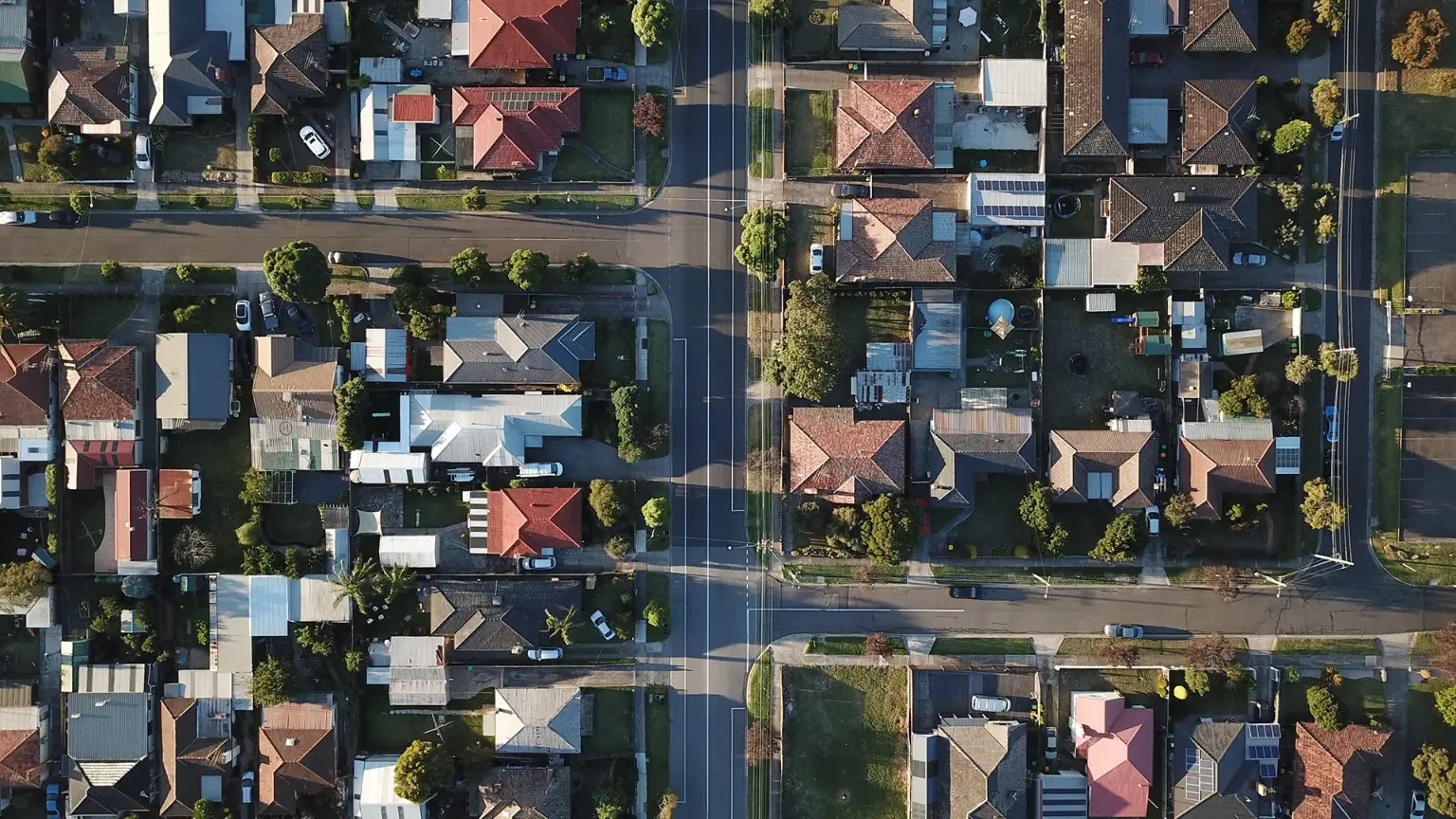Investing in real estate is a proven method for building long-term wealth. However, the costs associated with purchasing and owning an investment property extend beyond the initial deposit and mortgage repayments. To ensure a successful investment, it is essential to understand and budget for the various costs and fees involved. Here’s a quick guide to help you navigate these expenses.
Stamp Duty
Stamp duty is a significant upfront cost that all home buyers must pay. It is a tax calculated as a percentage of the property value and varies depending on the state or territory. The amount can be substantial, so it’s crucial to budget for it accordingly.
Lenders Mortgage Insurance (LMI)
If your deposit is less than 20% of the property value, you might need to pay LMI. This insurance protects the lender if you default on your loan. While it can be a hefty addition to your costs, LMI can be added to your loan balance, spreading the expense over your mortgage repayments.
Legal Fees
Engaging a solicitor or conveyancer is essential to navigate the legal complexities of property transactions. These professionals handle tasks like title searches, zoning regulations, and ensuring all documents comply with legal standards. Legal fees can vary, typically ranging from $500 to $1,500, depending on the property’s location and complexity.
Valuation Fees
A property valuation is a detailed and legally binding report of a property’s market value conducted by an accredited valuer. Lenders use this report to determine if the property is suitable to be used as security against the loan.
Many lenders charge residential property valuation fees at cost, depending on their internal valuation cost or an external valuation fee. However, some lenders also offer free property valuations or fee waivers.
All commercial loans (sometimes including SDA and Co-Living Properties) require a commercial valuation. The price to conduct a commercial valuation can be anywhere from $2500-$3500. The benefit of conducting a commercial valuation over a residential valuation is that the valuer will take into consideration the rental income when valuing the property.
Mortgage Registration Fee
This one-off fee is required to register the mortgage with the government, ensuring there is a record of any claims or transactions related to the property. While relatively small, usually under a couple of hundred dollars, it’s a necessary expense to be aware of.
Insurance Costs
Building or homeowner’s insurance covers the property’s structure, while landlord insurance protects against tenant-related risks, such as loss of rental income or property damage. Lenders often require proof of insurance before finalising the loan.
Property Management Fees
There are two primary fees payable to property managers: a letting fee and a management fee. The letting fee is charged by the agent for finding a new tenant at the start of the lease and generally equates to 1-2 weeks’ rent.
The management fee is usually a percentage of the weekly rent and covers the day-to-day management of the lease. This fee can range from approximately 5-12% for standard residential properties or 10-15% for SDA properties.
Maintenance Costs
As a landlord, you are responsible for maintaining the property. This includes fixing any issues that arise, from plumbing problems to general wear and tear. Regular maintenance is essential to keep the property in good condition and retain its value.
If you have built a new property you will generally have a grace period where any issues are covered by the builders’ warranty period and any wear and tear should not be an issue for a good few years.
Council Rates
Council rates are an ongoing expense that covers local infrastructure and services, such as waste management and public space maintenance. These rates are usually calculated based on the land value and are typically paid quarterly.
Strata Fees
For those investing in apartments or townhouses, strata fees (or body corporate fees) cover the maintenance of common areas and amenities like gardens, gyms, and swimming pools. These fees can vary depending on the property and the services provided.
Land Tax
Land tax is an annual charge on investment properties based on the land’s unimproved value. This tax is only applicable if the land value exceeds a certain threshold, and rates vary by state or territory.
Capital Gains Tax
Capital gains tax is applicable when you sell your investment property and is calculated based on the increase in property value. It is essential to plan for this tax as part of your long-term investment strategy.
Conclusion
Understanding the full spectrum of costs involved in purchasing and owning an investment property is crucial for effective budgeting and financial planning. While some expenses are optional, many are unavoidable and necessary for protecting your investment. By being well-prepared and informed, you can make smarter decisions and optimize your property investment strategy.
When you work with Aus Investment Properties, we will calculate the expected cost in our Property Investment Analysis for each client so you will be fully aware of any upfront or ongoing costs and how this will affect your net rental yield.

_176766512377GnS-card.png)
_1760408926gJ50A-card.jpg)
_1758680457EfP8W-card.png)
_1754959266HOub5-card.png)
_1752115352WpaHL-card.jpg)
_1751940993PbDjZ-card.jpg)

_1771381544bNgSb.jpg)
_1770677325GS4sO.jpg)
_17701746679NQAl.jpg)
_176766512377GnS.png)
_1764731815HUFUX.jpg)
_1764211036lHsm6.png)



